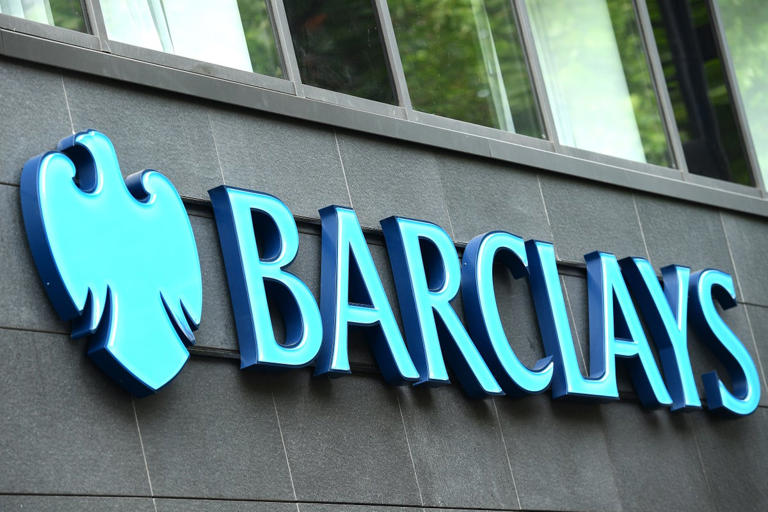Barclays, one of the leading players in the banking industry, has made significant adjustments to its mortgage rates in response to recent economic developments, particularly concerning inflation. This move, which includes both rate increases and reductions, reflects the bank’s proactive stance in navigating the evolving market landscape.
The decision to raise mortgage rates comes on the heels of disappointing inflation figures released earlier this week. Despite expectations for a more significant decline, inflation fell more slowly than anticipated, with the March figure coming in at 3.2%. Of particular concern to the Bank of England’s Monetary Policy Committee is the stubbornly high services inflation rate, which remained at 6.0%. These inflationary pressures have prompted City traders to revise their expectations regarding the timing of potential interest rate cuts by the Bank of England.
Previously, June had been seen as the most likely date for a rate cut, but now August appears to be a more probable timeframe. Furthermore, market indicators suggest that there is almost a 50% chance that the first rate cut may not occur until the Autumn or later. This shift in market sentiment underscores the uncertainty surrounding monetary policy and the challenges faced by central banks in responding to economic conditions.
In light of these developments, Barclays has announced a series of changes to its mortgage rates, with the majority of adjustments being increases, especially for new mortgages. For example, the price of a two-year fixed deal with no product fee and a 75% loan-to-value ratio (LTV) has risen to 4.98%, while a five-year fix with similar terms now stands at 4.8%. These changes, which take effect immediately, reflect the bank’s efforts to adapt to shifting market dynamics and balance risk and profitability.
Barclays’ decision to raise mortgage rates marks a departure from its previous pricing strategy, where it had been perceived as offering more competitive rates compared to its peers. However, in response to the prevailing economic conditions and inflationary pressures, the bank has adjusted its pricing to better reflect market realities.
Aaron Strutt, head of PR and communications at Trinity Financial, a Mayfair-based mortgage broker, has observed this shift in Barclays’ pricing strategy. Despite its previous competitive positioning, Barclays has recognized the need to recalibrate its rates in line with the changing economic landscape.
Overall, Barclays’ decision underscores the importance of agility and responsiveness in the banking sector, especially during times of economic uncertainty. As inflationary pressures persist and interest rate expectations fluctuate, banks must remain vigilant and adaptive to effectively navigate the complexities of the financial markets while maintaining competitiveness and profitability in their lending activities.
